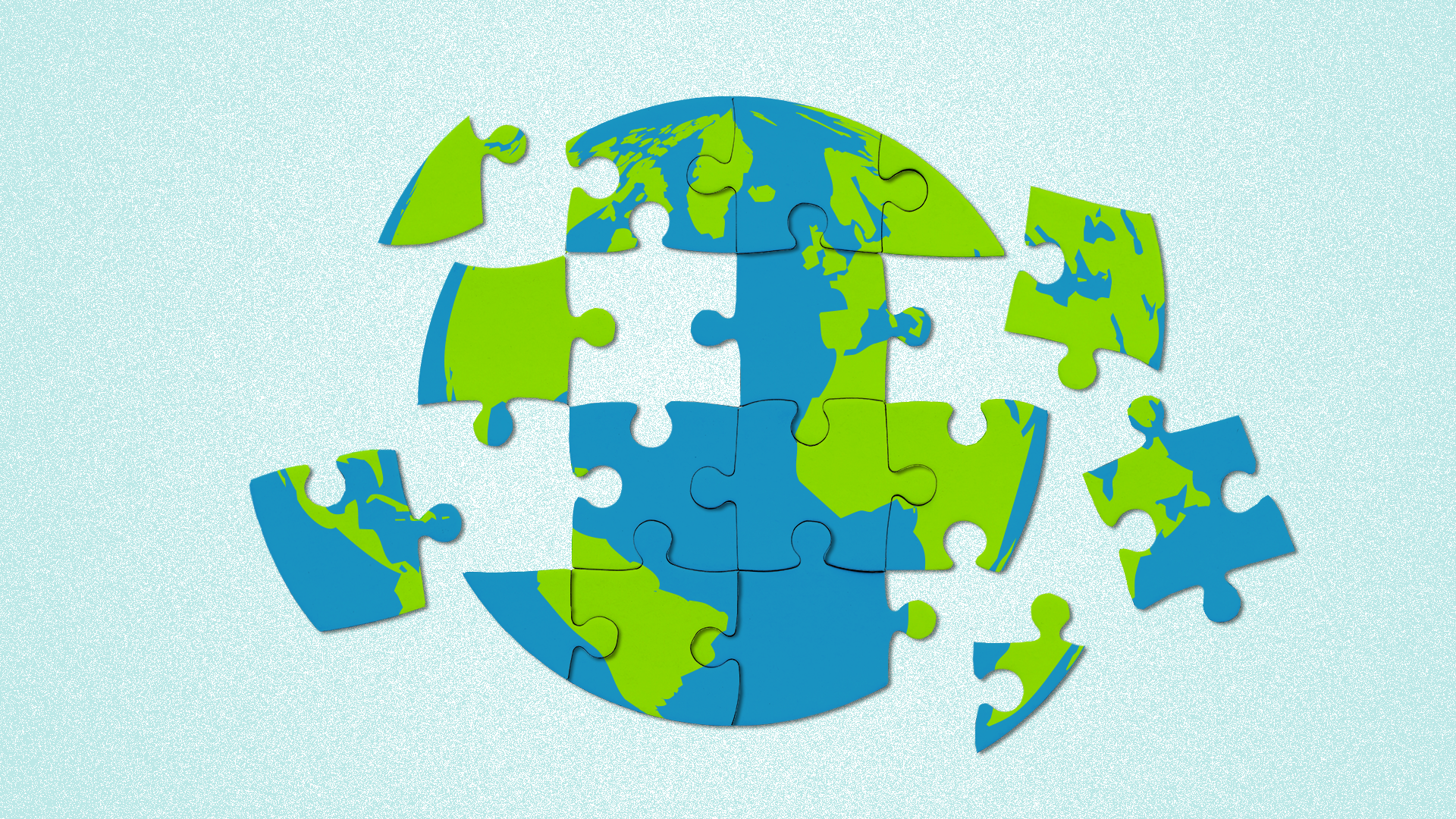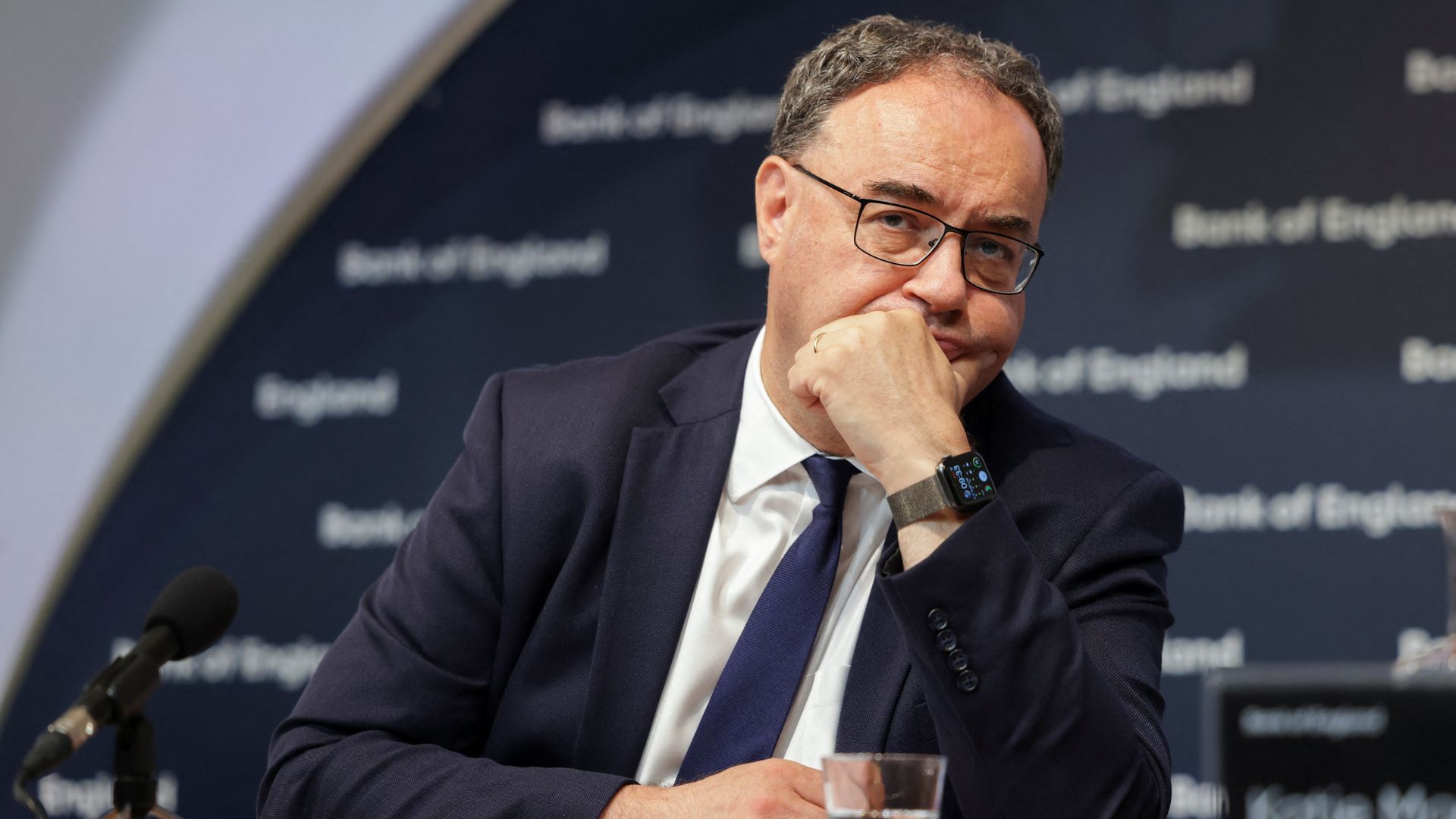| One reason to be optimistic that U.S. inflation can fall without a recession: Many smaller nations that did move earlier than the Federal Reserve to hike interest rates have done exactly that. Why it matters: The unusual dynamics of a post-pandemic global economy appear to be making a so-called "immaculate disinflation" — one with minimal pain — more plausible than it once seemed based on the historical record. What they're saying: "There are other economies we can also look to to get some sense of what's likely to happen in the U.S. — other economies that were actually a lot faster in tightening monetary policy," Jan Hatzius, chief economist at Goldman Sachs, said on a call with reporters last month. - "Those have all seen a significant deceleration of inflation in recent months, and I think that bodes pretty well for the U.S. and other advanced economies," he adds.
Catch up quick: For the past year, the bank's economists have tracked a group of nine "early hiker" nations, those with central banks that began raising rates in 2021 to tackle inflation. The Fed didn't follow suit until March 2022. - That included emerging market nations in Latin America (Brazil, Chile, Colombia, Peru and Mexico) and Eastern/Central Europe (Czech Republic, Hungary, Poland and Romania).
- "Most early hikers remain on track to avoid a recession despite raising policy rates by [9 percentage points] on average," Goldman economists wrote in an update this week. Labor markets in these nations had stayed resilient "even after allowing for fairly long lags from rate hikes," they added.
- "Given that the post-pandemic drivers of growth and inflation were common across countries, the experience of these early hikers provided a useful signal into the prospects of a soft landing," Goldman economists wrote.
Between the lines: "It's a little bit unclear how much signal we should take from these experiences," says Steve Kamin, a former Fed official who is now a senior fellow at the American Enterprise Institute. One reason: Interest rate hikes are not created equal. - For instance, "two central banks in two different countries could raise their interest rates by the same amount, but it could lead to very different outcomes for their economies," Kamin says.
The intrigue: In prior economic cycles, emerging market nations have traditionally been last to hike rates. In this episode, that flipped on its head: Many kicked off ultra-aggressive hikes months in advance of developed countries. Of note: There are early hiking nations that have slumped into a recession, including Hungary. - New Zealand, one of the earliest developed nations to hike rates in the fall of 2021, also entered a mild recession this year.
What to watch: Some "early hikers" are now pivoting rate-cutting. That includes Brazil, which slashed interest rates by 50 basis points yesterday, citing a better inflation outlook. Last week, Chile cut interest rates as price pressures and economic activity cooled. Go deeper | 





No comments:
Post a Comment